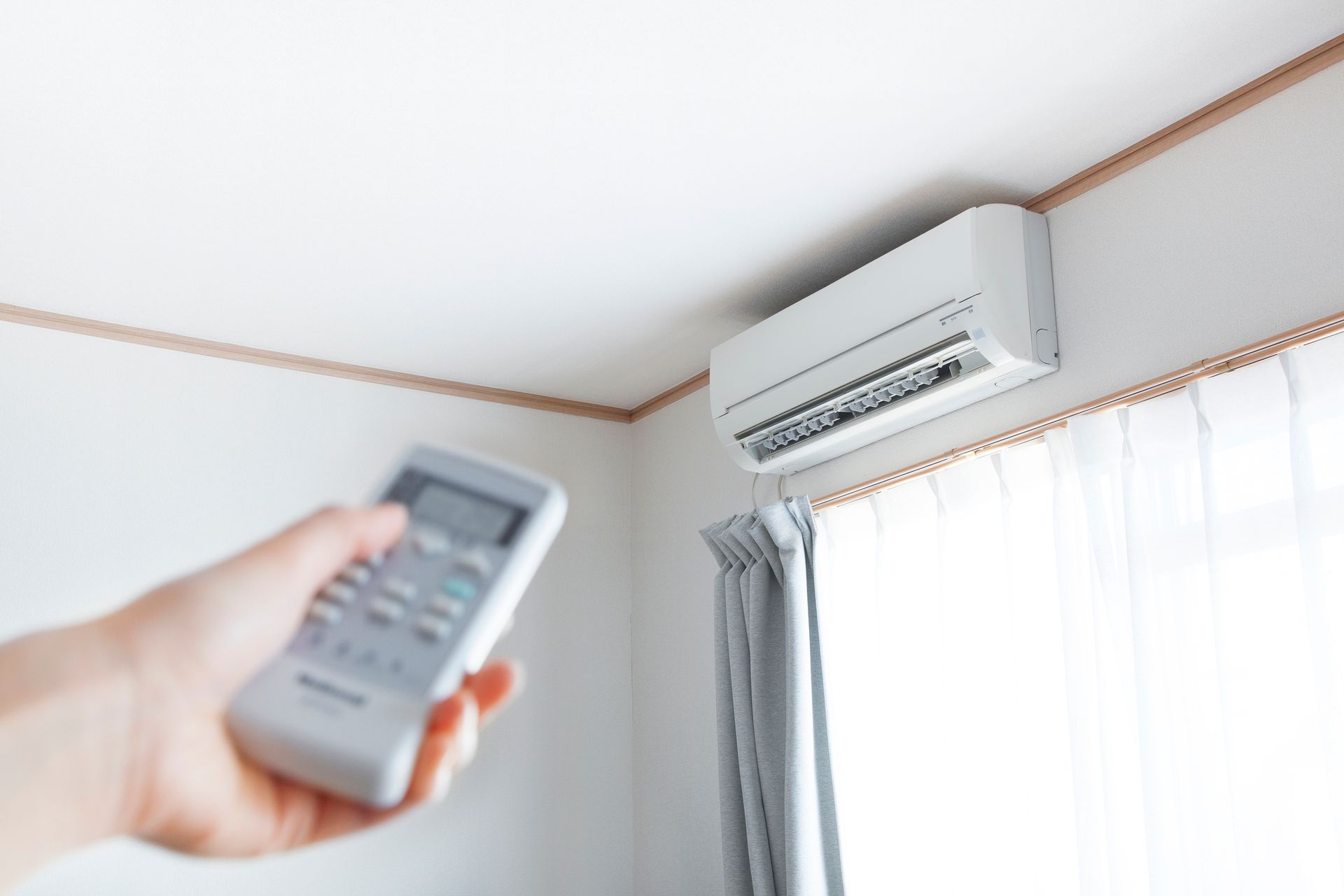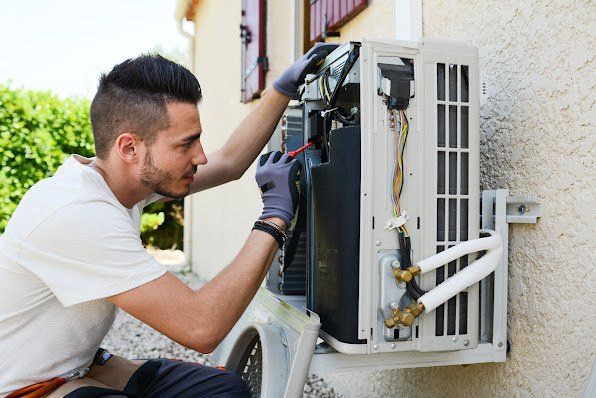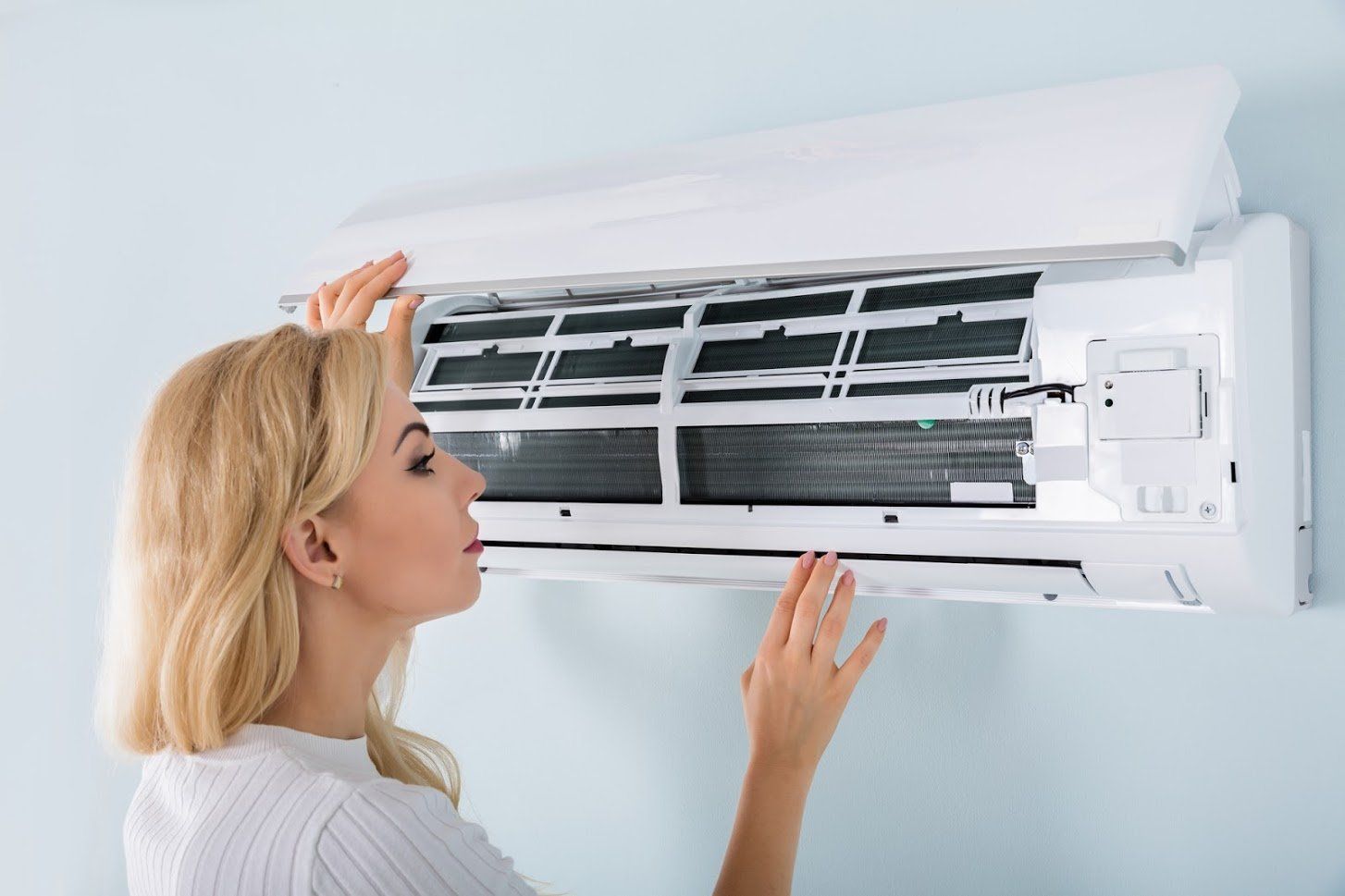Considerations When Buying a Residential Air Conditioning System

An air conditioning system helps you control the internal climate of your home. Most people purchase homes with AC systems. However, you could buy a home without an AC system or one that needs a new AC system. Discover what to consider when purchasing a residential AC system.
1. Type
Various types of residential AC systems are available. The secret is to examine your cooling and heating needs and the design of your home to establish which AC system suits your needs. A central air conditioning system uses a series of ducts running from an external compressor to the various rooms in your home. The advantage of a central AC system is that it cools the entire house at once.
If your home does not have AC ducts, consider purchasing a ductless mini-split air conditioning system. The system uses pipes to connect air blowers to an external compressor. Unlike the central AC system, the ductless system allows you to cool each room separately. Therefore, it is more energy-efficient.
2. Size
When buying a residential AC unit, the rule is to ensure that the system is neither too large nor too small. Most people might opt to buy a large system since they presume it is more efficient. However, this approach does not work. Besides consuming a lot of power, a large system has shorter running cycles and will therefore not extract efficient moisture from the room. Consequently, you end up having a cool, humid room.
3. Efficiency
The AC system runs for long hours every day. Consequently, it could consume a lot of power. When buying the AC system, examine its efficiency by checking the star rating system on the packaging. Alternatively, you could check the system's Seasonal Energy Efficiency Ratio (SEER).
You could also assess whether the AC system has energy-saving features such as large coils, a variable speed blower, an automatic delay fan switch and a filter indicator light.
4. Features
Discover what features your AC does or doesn’t have with these tips:
- Examine the noise levels of the AC system. A noisy system could be a nuisance in your home or neighbourhood.
- Consider smart AC systems. These systems are smartphone-compatible, meaning you can control the system from anywhere on the planet.
- Access the refrigerant the AC system uses. Preferably, consider systems that use environmentally friendly refrigerants.
- Consider AC systems with a programmable thermostat that enables you to adjust the AC temperatures.
5. Durability
Given that you will spend a significant amount purchasing and installing the AC system, evaluate its durability.
Online reviews can give critical insights into the reliability and durability of the AC system. For example, they inform you whether the AC develops problems such as electric control failure, damaged thermostats, sensor issues, frozen evaporator coils or refrigerant leaks.
Finally, examine the manufacturer's warranty to know their confidence in the product.
When buying a residential AC system, work with a reliable dealer that offers a wide range of air conditioning systems and understands your home's cooling and heating needs. At Air Comfort, we are renowned for our expertise and experience in residential air conditioning systems. Contact our team today for high-quality products and residential AC system installation. We look forward to helping find the right AC system for your home.






